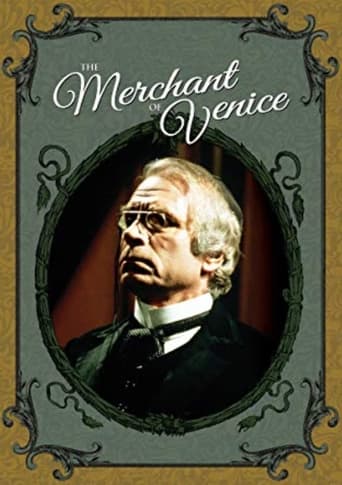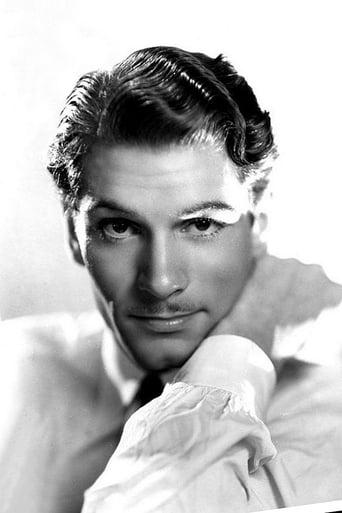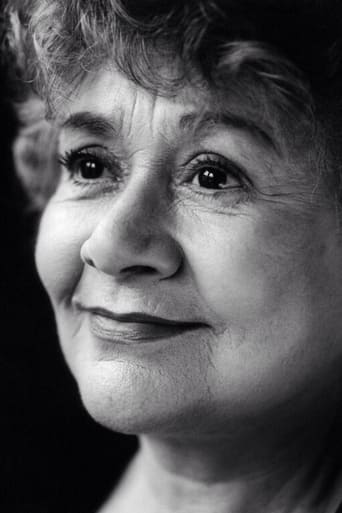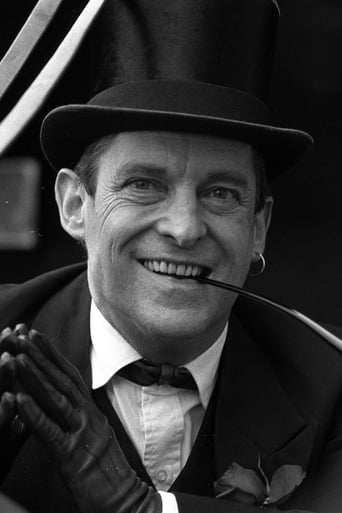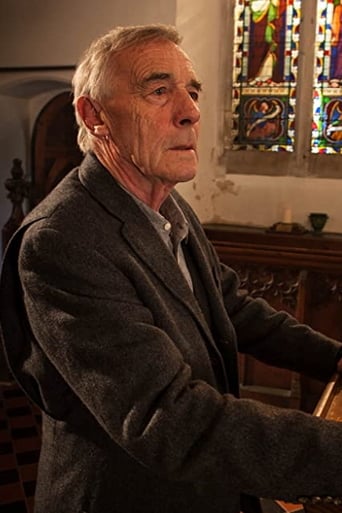An Edwardian take on the Shakespeare play starring Laurence Olivier.


Similar titles
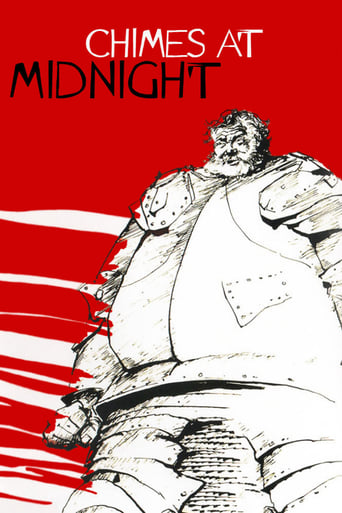
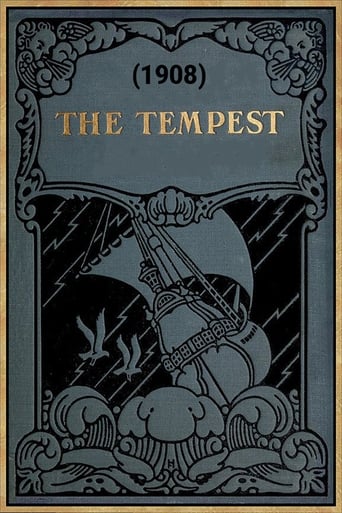

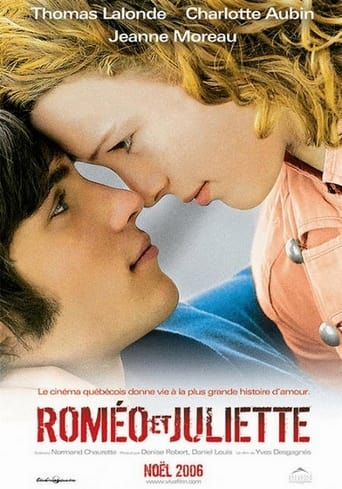
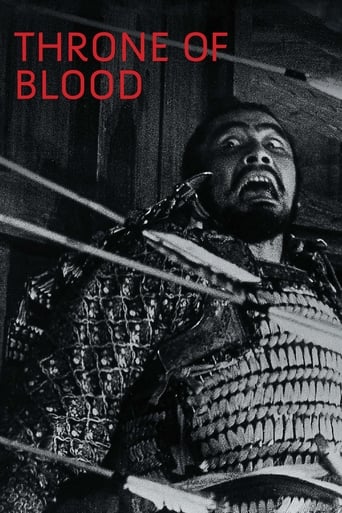
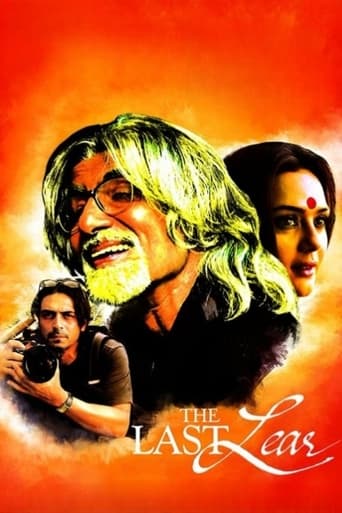
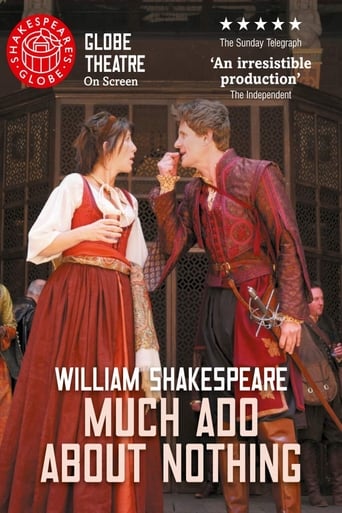
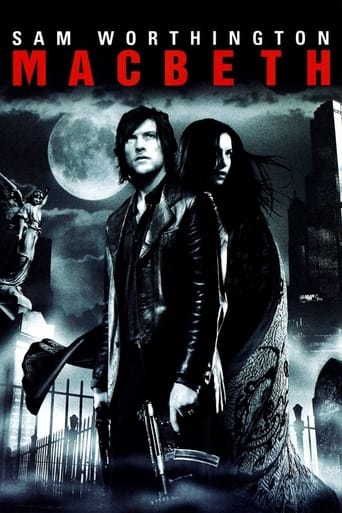
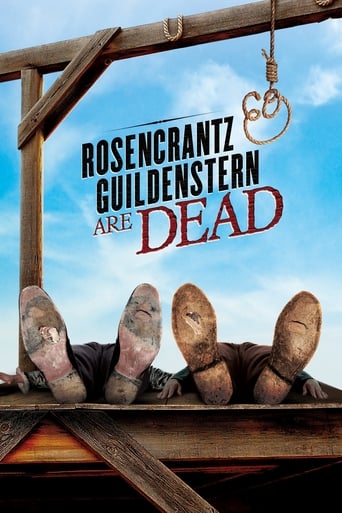

Reviews
This production of The Merchant of Venice is set in Victorian times, which rather works against the play in some part. The Victorians were far more subtle in their anti-Semitism than the Elizabethans and it just strikes a false note to see it so openly expressed before a Jew by these Victorian gentlemen.Much of the text is there, which is a relief as so many producers think they know better than Shakespeare how to put a play together, although Miller does omit some lines. For instance we don't hear Shylock loudly lamenting his daughter and his ducats, first with 'O my daughter' then 'O my ducats' and switching between the two with the ducats gradually winning out in this tussle between his losses. It's a marvelous moment and, apart from its comic qualities, is very revealing of the avarice at the heart of Shylock.I think Miller left it out because he didn't want people laughing at Shylock too much. But this is after all a comedy rather than a tragedy and it is owing to Shakespeare's genius that we can both laugh at and sympathize with Shylock at different moments of the play. In fact Miller inserts himself too much into this play, especially where Jessica, Shylock's daughter, is concerned. With no justification at all he shows her as becoming discontent with her match with Lorenzo, brooding and regretful. This darkens the close of the play unnecessarily.Miller should have let the play speak for itself without tromping through it in heavy boots to impose a modern sensibility on the actors. It's a shame because those actors are excellent in their roles. This could have been a far better production if Miller had just kept his ego in check a little, but he finds that difficult in most of his productions.It's worth seeing though, as almost every production of Shakespeare is. His words are there and that is really all that counts at the end of the day. BTW at one point Bassanio says to Portia, "Lady, you have bereft me of all words." I know it's the character speaking but for an instant the idea came to my mind of Shakespeare being bereft of words. It was like thinking of the sun not shining or water not being wet. An impossibility!
A chance to see Lord and Lady Olivier in a work of Shakespeare is never to be passed up. Laurence Olivier is the enigmatic Shylock whose interpretation has changed over the century and Joan Plowright whose hand all the young folk in Venice but one seems to want.Of course I came into watching The Merchant Of Venice expecting to see Laurence Oliver doing his patented mittel-Europa accent best known for use in The Boys From Brazil. Instead we got a most cultured Shylock not someone you'd otherwise might think of selling from a pushcart on the Lower East Side.I think Olivier did it this way because Shylock the money lender is trying his best to assimilate into Venetian society as far as he can and still be true to his culture. He only goes so far, daughter Jessica would sooner convert and marry Lorenzo who really is a fortune hunting snake. They are played by Louise Purnell and Malcolm Reid.The main plot however revolves around young Basanio who is Jeremy Brett looking to marry Portia who is the wealthiest young woman around and she's got many suitors. Brett's a nice kid but kind of a spendthrift with his money. He's got an old indulgent friend in Antonio played by Anthony Nicholls who is both a merchant and a moneylender as well in competition with Shylock. He charges a lot less interest and undercuts him in business. That gives Nicholls a lot of pleasure because he doesn't like Jews at all, he's one proud anti-Semite.So Brett needs a backer and Nicholls would like to, but as we would say today he's got a cash flow problem as all his money is tied up with goods at sea in his mercantile business. For past and present slights. Olivier names as his collateral a pound of Nicholls's flesh.For those who've never seen the play these disputes are arbitrated by the Duke Of Venice. And the Duke who is Benjamin Wittrow has a novel interpretation.Over the years as anti-Semitism has become more odious Shylock has become a more sympathetic figure. For centuries he was given the crooked nose, the funny way of speaking and was considered the blackest of villains who gets his in the end. As I said before Shylock is in fact trying to assimilate as best he can, but the people's prejudices are smug and self serving. And his is a natural reaction of a father who doesn't like his daughter's choice of a husband. After all she's marrying a Shegetz in his culture.Even if you're not liking how Olivier sees Shylock he certainly is always interesting and to watch. As this well cast ensemble doing The Merchant Of Venice.
Based on the acclaimed 1970 National Theatre adaptation directed by Jonathan Miller, this is an excellent adaptation of William Shakespeare's classic tale of love, friendship, justice, avarice and hatred. This was the first Shakespearean play that I studied at school back in 2003. I just wish that I had appreciated the Bard's work then as much as I do now. It has been quite some time since I last read it but I don't think that there are any major omissions from the play. On the negative side, I can't say that I had any interest whatsoever in the scenes after Shylock's defeat concerning Lorenzo and Jessica and the rings. As far as I was concerned, the story was over as soon as Shylock left the stage. The remaining scenes were rather boring and unnecessary, I'm afraid.Laurence Olivier, perhaps the greatest actor of the 20th Century, is never less than compelling as Shylock, one of the most fascinating and enigmatic characters in all of Shakespeare. Over the last 400 years, interpretations of the character and his actions have changed with the sensibilities of the audience. He may be the antagonist of the play but I think his vindictive nature has come about as a result of the oppression that he has suffered as a Jew in a predominately Christian state. This is best illustrated by the "And if you wrong us, shall we not revenge?" speech. In that scene, he says, "If a Christian wrong a Jew, what should his sufferance be by Christian example? Why, revenge. The villainy you teach me, I will execute." He is emulating the behaviour of his people's oppressors in demanding Antonio's pound of flesh in payment of his debt. I do not think that his own mistreatment excuses his vengeful attitude and actions but it does serve to explain them and to make him a tragic figure, after a fashion. Like many other characters, Portia accuses him of dishonesty but this is deeply hypocritical as she resorts to legal trickery to rob him of his wealth when she has no right to judge him in a legal sense in the first place.The question arises as to whether Shakespeare intended the play to be anti-Semitic or to be sympathetic to the plight of Jews. On the one hand, Shylock seems to be a negative Jewish stereotype of a kind that was common in Europe when the play was written and, unfortunately, for centuries afterwards. On the other hand, there is the aforementioned speech which gives us insight into not only the character but the suffering of Jews as a whole. Does Shylock's forced conversion represent the saving of his soul or does it represent further vindictiveness on the part of the Christians? I think that there is ample evidence to support either theory but I am inclined to give Shakespeare the benefit of the doubt as he created many multi- faceted characters designed to provoke different reactions in his audience. In any event, the producers of this television version clearly intended it to be sympathetic towards Jews. This is best illustrated by Shylock's anguish when Portia defeats him. It is not the reaction of a defeated villain but that of a victim. His agonised wail after leaving the "trial" is heard by Portia, Antonio and Bassanio, all of whom adopt guilty expressions, perhaps indicating some small measure of regret at their treatment of him. I think that the fact that the setting was updated to the late Victorian or Edwardian era was meant to serve as a reminder that antisemitism was as widespread then and now as it was in Shakespeare's time.Other than Olivier himself, the strongest performer is his wife Joan Plowright as Portia. She is excellent throughout but she is at her best in the "trial" scene with her husband. The couple pretty much dominated the proceedings! That said, it has a very strong cast, particularly Anthony Nicholls as Antonio, Michael Jayston as Gratiano and Anna Carteret as Jessica. However, the usually very good Stephen Grief's performance as the Prince of Morocco is rather embarrassing. He puts on a deep voice and uses a silly supposed African accent which makes his one scene fairly painful. Malcolm Reid and Louise Purnell are pretty forgettable as Lorenzo and Jessica but Denis Lawson has a nice cameo as the Cockney-accented Launcelot Gobbo.Overall, this is an extremely well acted and staged Shakespearean play with lovely sets and costumes.
Olivier's Shylock is a wonderful characterization, painful to watch (as it should be) at times, but the show belongs to Joan Plowright as Portia. She is the consummate lady, at times abstracted or petulant (did her wise old father perhaps spoil her a bit?) but always magnetic. Jeremy "Freddy Eynsford-Hill" Brett is a sweet young Bassanio (how did he grow up to be Sherlock Holmes?) and Anna Carteret a smooth, smiling Nerissa, and Miller does interesting things with Jessica and Lorenzo in Act Five. My one quibble is with Anthony Nicholls as Antonio. He and Shylock go around like white-haired doppelgangers in black top hats and cloaks, which is a nice touch, but he himself is just *there*. We don't know what Bassanio sees in him, what he sees in Bassanio, why he hates Shylock so much, why Shylock would bother to hate him, if he's at all distressed at the prospect of forfeiting his bond or concerned about his ships. The suitors mug rather and the singing ladies in the final casket scene are somewhat painful, but it's a creditable job overall.
